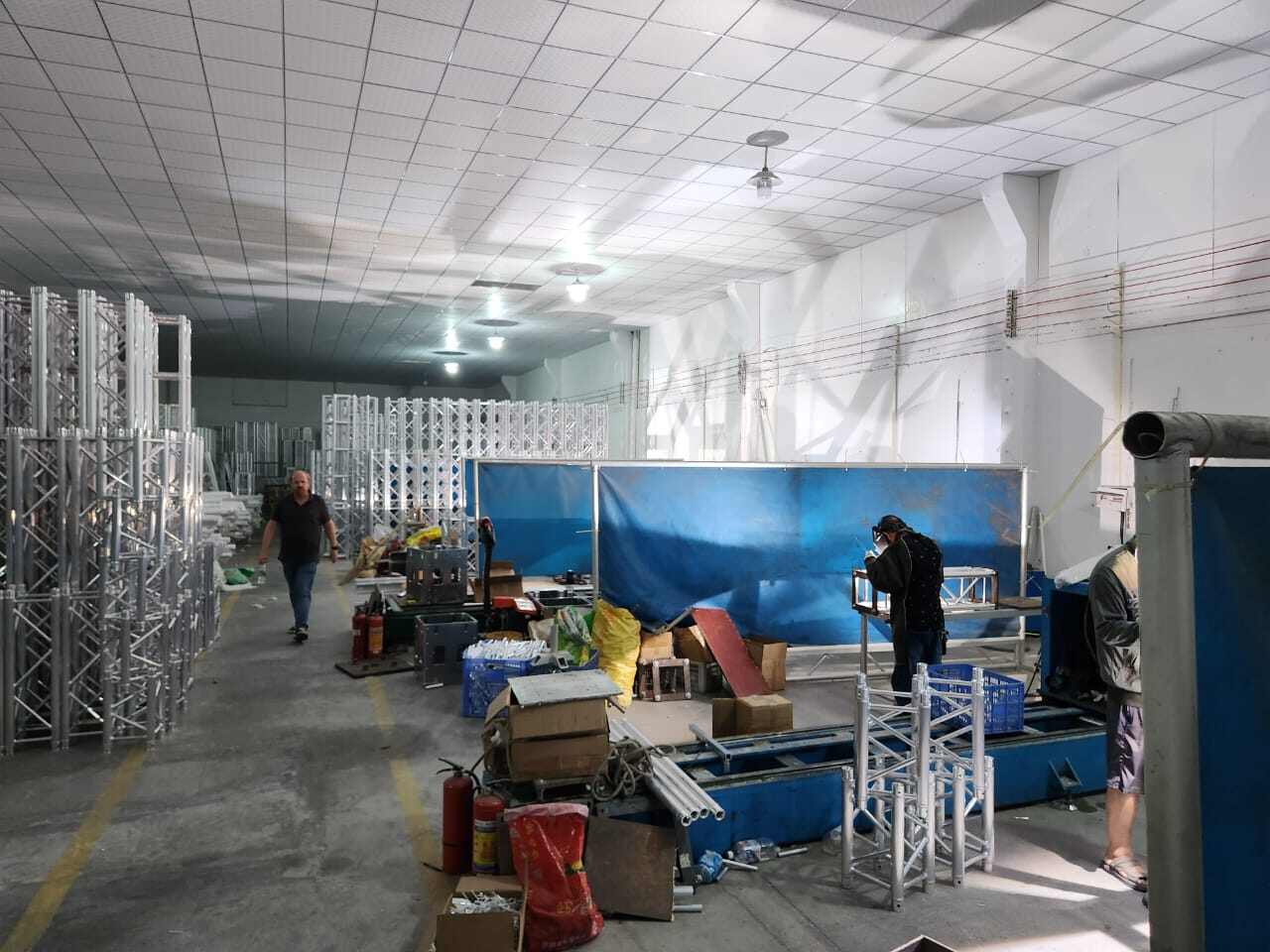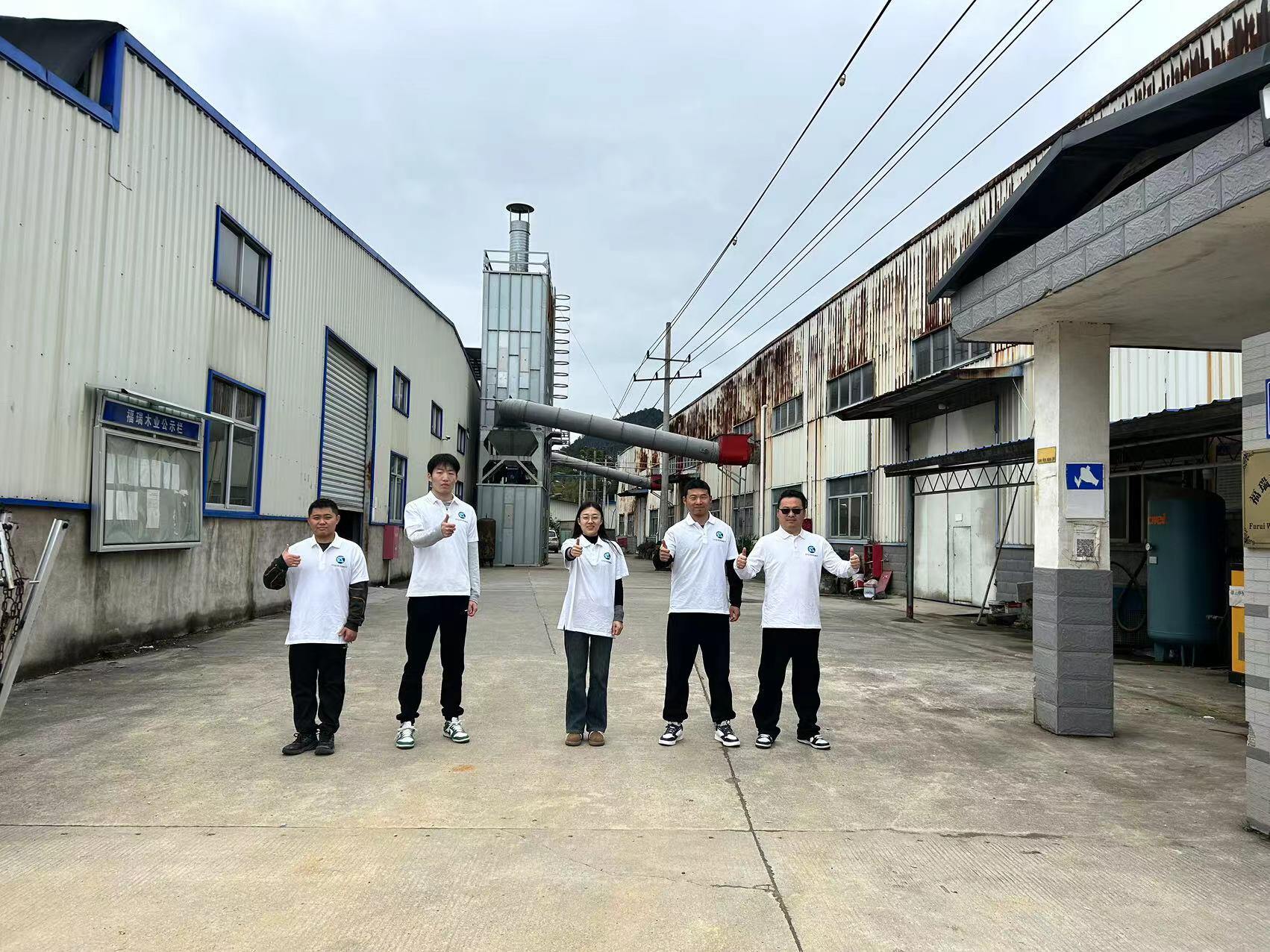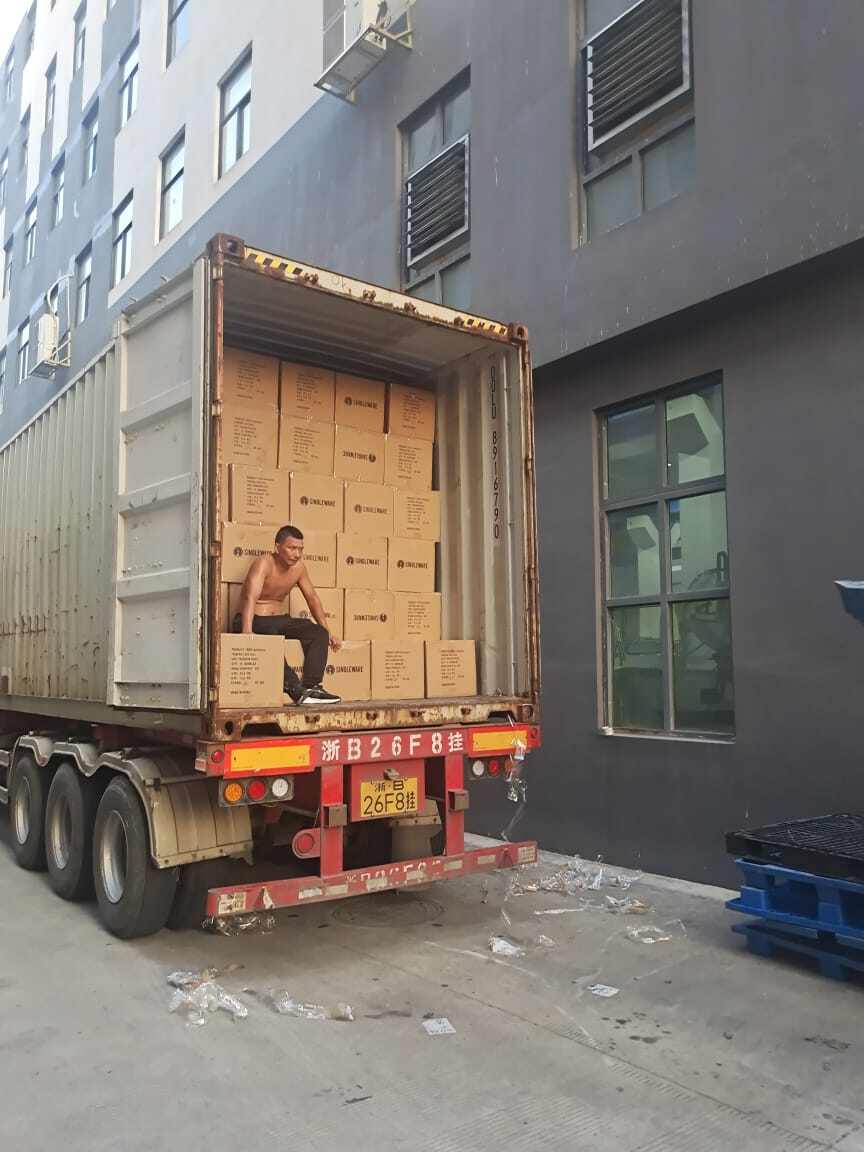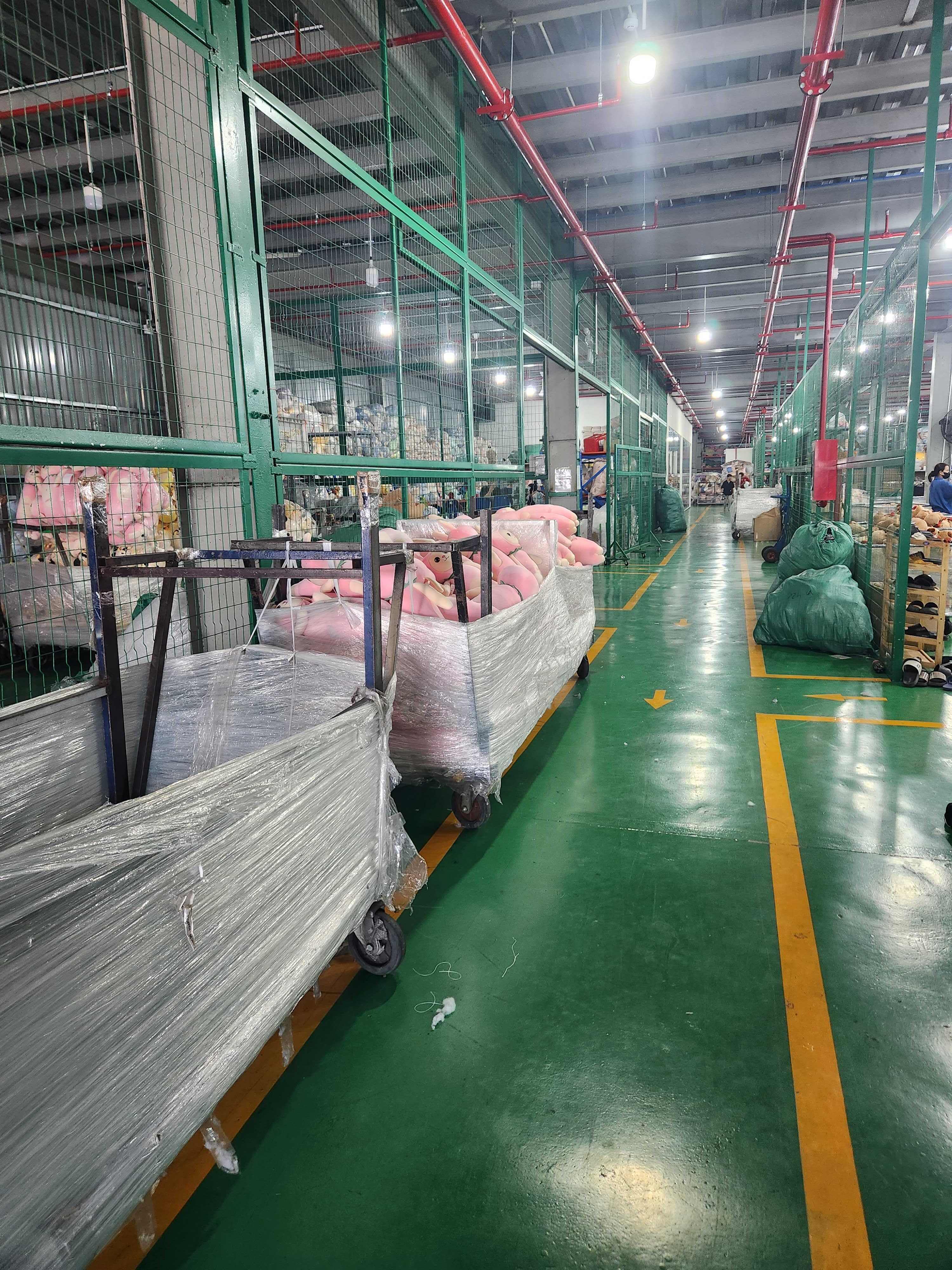How to Build a Dual Strategy: Keep Your China Advantage, Reduce Your Tariff Risk
Not every brand can—or should—pull entirely out of China.
Some categories still make more sense in China than anywhere else.
Tooling is locked. Engineering is centralized. The scale is unmatched.
But that doesn’t mean you should keep 100% of your production there.
The smartest brands in 2025 are building a dual strategy—one foot in China, one foot outside of it.
This isn’t hedging. It’s high-level supply chain engineering that balances control, pricing, and flexibility across multiple geographies.
At China Agent Ltd, we help clients structure their China operations to co-exist with smart diversification—so they’re protected, optimized, and positioned to pivot.
Here’s how the model works.
Why You Still Need China
Let’s be clear—China still delivers on three critical fronts:
- Tooling and mold development (fast, cheap, and precise)
- Engineering-driven products with complex BOMs
- Production scale for high-volume orders that require just-in-time delivery
And in many cases:
- You’ve already invested in relationships, designs, packaging, and systems
- You don’t want to lose that foundation—but you can’t expose your business to another tariff surprise
That’s where a dual strategy becomes the winning play.
The 3 Types of China-Based Production That Should Stay
🔧 Mold-Driven, High-Spec Manufacturing
If you’ve sunk $30k into precision molds, and your product is complex and tech-heavy, China is still hard to beat.
🔄 Fast-Turn Products with Mature Supply Chains
If you rely on multiple suppliers to source parts that assemble fast, at scale—China’s logistics ecosystem gives you the edge.
🔬 Regulated Products Needing Stability
If you're producing FDA-cleared devices, pharma components, or sensitive electronics, switching hubs isn’t easy or quick. The certification process is expensive and time-consuming.
So don’t leave—but do protect yourself.
The Dual Strategy Blueprint
Here’s how we help clients keep their China advantage without being locked in.
✅ Step 1: Segmentation by Product Type and Risk
We analyze:
Which SKUs are tariff-vulnerable
Which are margin-heavy and worth shifting
Which are locked by tooling or compliance
Goal: Identify what to keep in China, and what to relocate—without disrupting your line.
✅ Step 2: Set Up Shadow Supply Chains
We establish:
Secondary suppliers in Vietnam, India, Bangladesh, or Indonesia
Redundant BOMs and packaging protocols
Parallel molds or shared tooling (where feasible)
These are built quietly, in the background, ready to activate if and when needed.
✅ Step 3: Re-Negotiate China Contracts to Match Strategy
We go back to your China suppliers to:
- Improve pricing (based on new leverage)
- Secure lower deposit and better payment terms
- Add exit clauses for tooling and designs
- Enforce production timelines
This way, even if you keep production in China, you’re not stuck.
✅ Step 4: Create Multi-Hub Project Oversight
We structure a single management system for:
- Your China operations
- Your new hubs
You get unified reporting, local PMs in each country, and coordinated QC, legal, and production support.
That’s how you scale smart—not reactively.
What This Looks Like in Practice
Example: A U.S. consumer electronics brand
- Keeps tooling and final assembly in Shenzhen
- Moves PCB manufacturing and cables to Vietnam
- Establishes packaging and fulfillment in India
- Locks backup production for accessories in Indonesia
The result:
- 40% of their BOM is now tariff-safe
- Cash flow improves with better payment terms
- IP is protected in every country
- Risk is spread, but control is centralized
That’s the power of a dual strategy.
Final Thought: China Isn’t Dead. It Just Needs a Partner.
China still matters.
But betting your entire supply chain on one country—under a volatile tariff regime—isn’t strategy. It’s roulette.
China Agent Ltd helps you redesign your China relationship—without abandoning it.
You stay where the advantage is. And we help you relocate where the risk is.




